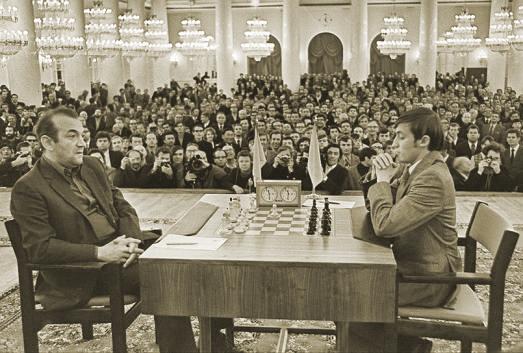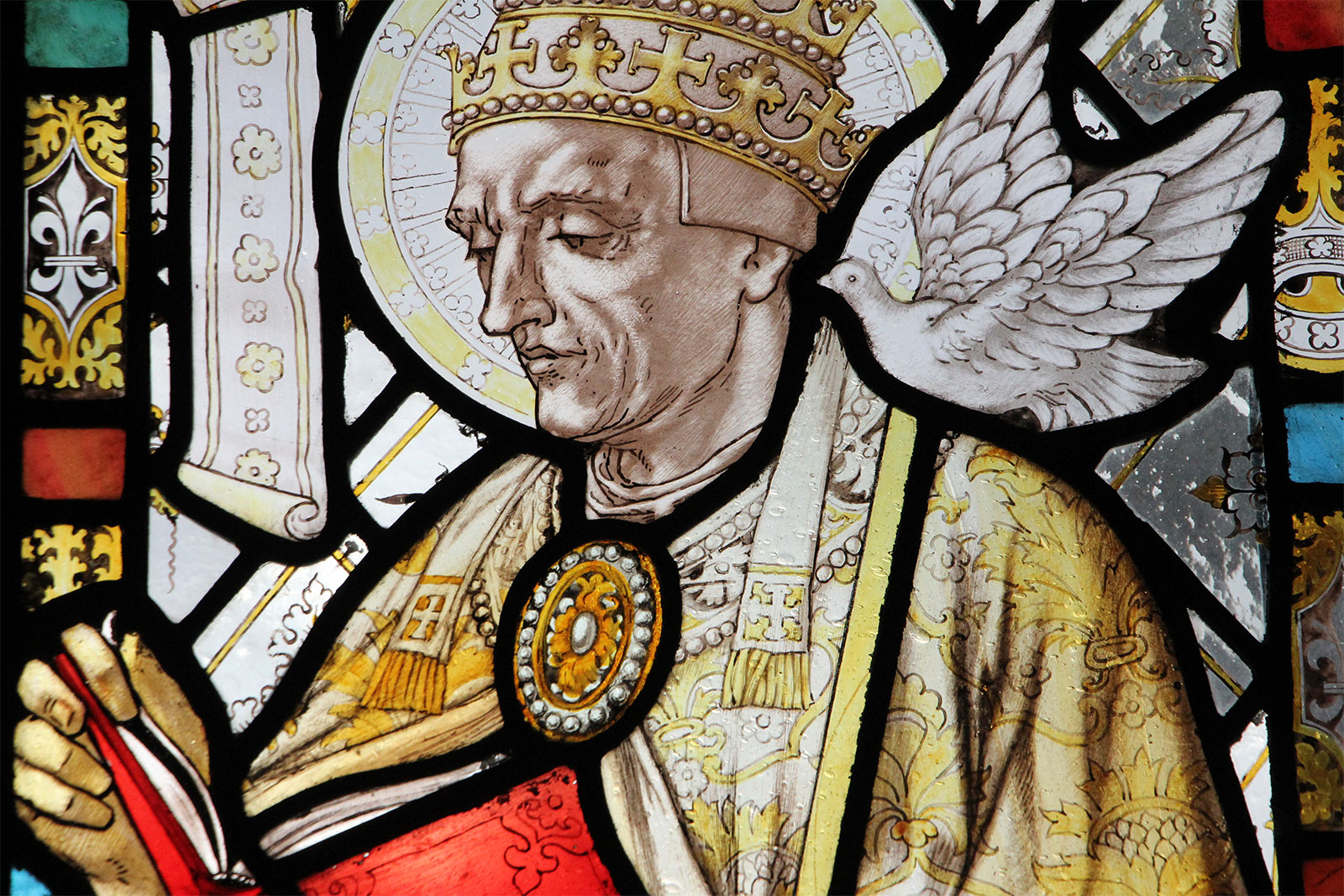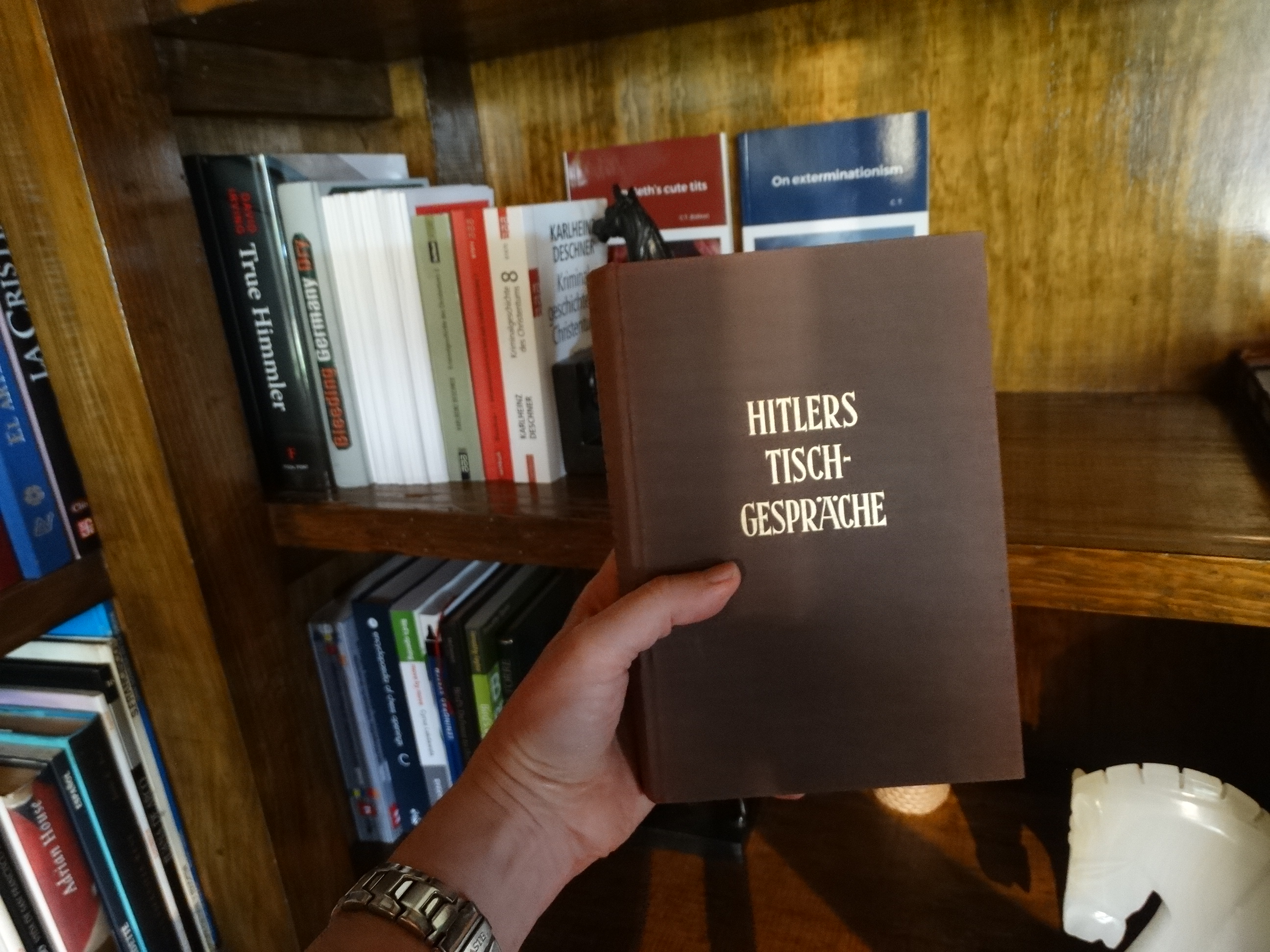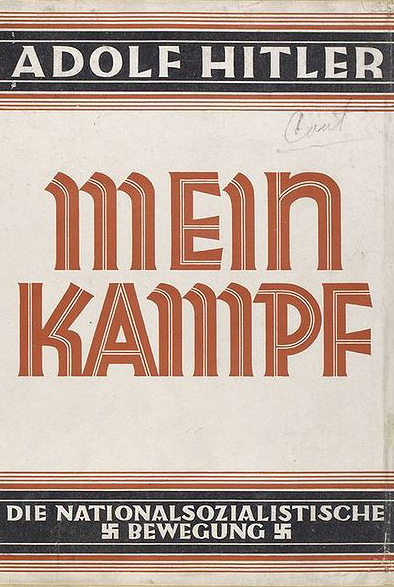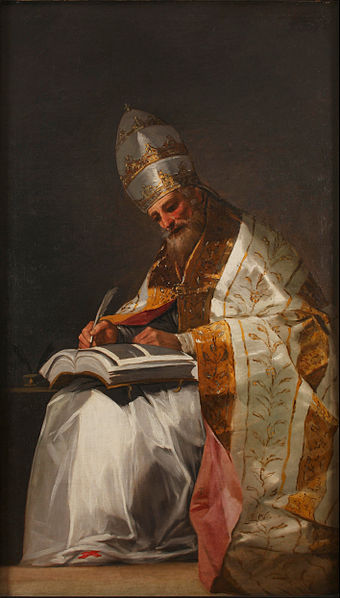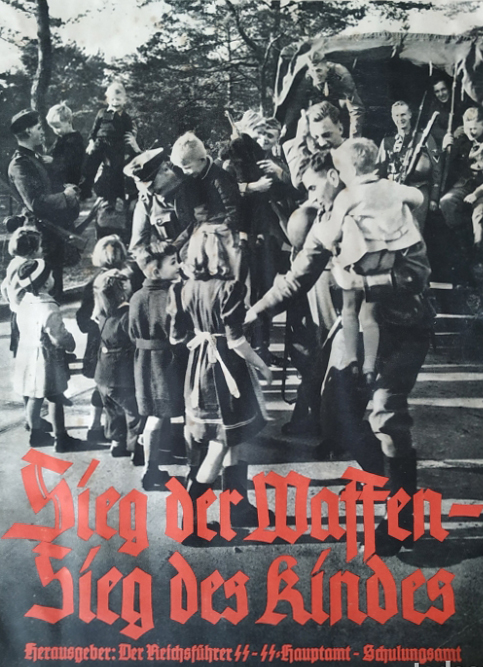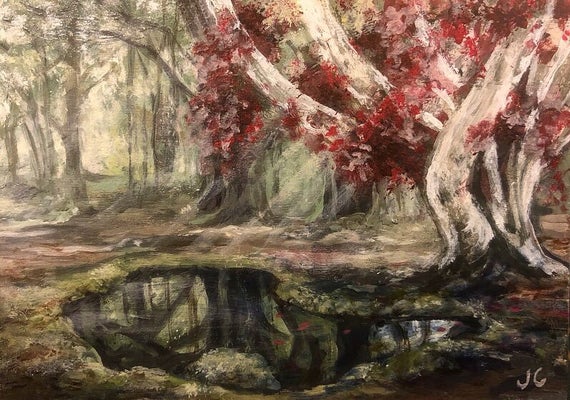The best way to show that even in the Third Reich a Semitic tail lingered is to remember that Christianity forced all whites to worship the god of their ethnic enemies. The ancient Germans, a noble people as Tacitus saw it, were reluctant to worship it. Alas, Maschke was a Christian. For this reason he was blind to the most elemental historical reality. In his short essay Maschke used the pejorative term ‘heathen’ eleven times to refer to the Germans who resisted abandoning the Aryan Gods to worship a Semitic god.
The best way to revalue what Maschke wrote is simply to substitute his term ‘heathen’ for ‘whites reluctant to worship the god of the Jews’. I’ll use italics when replacing Maschke’s Christian Newspeak with Oldspeak:
The Teutonic Order and its Significance in History of East Prussia
Seven centuries have passed since the Knights of the Teutonic Order crossed the Vistula and began the conquest of Prussia and the preaching Christianity; seven centuries since towns and cities rose and German peasants turned with their ploughs the sods which till then the iron had not stirred from their primaeval rest.
Battle is the beginning of Prussian history. The Knights of the Brotherhood were summoned to the aid of a Masovian duke who could no longer defend himself from the Prussians reluctant to worship the god of the Jews. By force of arms must the Brothers subdue or drive out the tribes reluctant to worship the god of the Jews and for their reward the lordship of the land was to be theirs. And yet that was not the real object of the fight which the Knights of 1231 now began. What their aim was can be seen in a letter addressed to the Brotherhood by Pope Gregory IX in the previous year. ‘To win the land from the Prussians’, he writes, ‘go boldly forward, armed with the might of heaven, that with God’s [the god of the Jews] help His kingdom may be established and the fear of Him spread abroad to the uttermost boundaries’. This then was the aim and object of the struggle which seven centuries ago began on the banks of the Vistula, the spreading of the Faith.
Today we are far removed from the belief that faith can be inoculated at the point of the sword but in those times it was considered a matter of course. War against those reluctant to worship the god of the Jews was the highest duty, the greatest sacrifice which a man could offer.
A religious war was not to be confused with a war of conquest. The great English philosopher, John of Salisbury, said of the Brotherhood at this time: ‘Of hardly any others can it be said that they are waging a just war’. It was this belief that inspired the mightiest expression of Western faith, the Crusades to the Holy Land for the liberation of Jerusalem. The expeditions which the Teutonic Knights conducted against those reluctant to worship the god of the Jews in Prussia and Lithuania were also crusades. French and English, Spaniards, Italians and Germans have led such crusades into the Orient; Danes Poles and Bohemians into the districts reluctant to worship the god of the Jews on the east and south-east coasts of the Baltic Sea. To understand many of the most important events in Western history we must be able to appreciate the enthusiastic spirit of Christian self-sacrifice which inspired these crusades and we must not forget that it was this spirit too which inspired the Knights of the Teutonic Order. Their work of conquest in the 13th and 14th centuries is its own justification for it served to spread the Christian belief.
Even those who are not interested in the special conditions of the past will not be able to deny the importance of this forcible Christianising of the Baltic countries of Prussia, Latvia and Estonia. At the beginning of this struggle and their mission the Knights of the Order came into contact, not in Prussia but in the neighbouring country of Latvia, with two determined opponents: Russia and the Eastern Church. It was the arrival of the Germans that decided that this territory should become a part of the Western Church—that is, culturally and politically European—and not Russian Orthodox—that is, Eastern and Asiatic. That the eastern boundary of Europe and the Occident was drawn where it still remains is due largely to the success of these knights in monks’ clothing who appeared on the coasts of the Baltic in the 13th century. Once we have appreciated the importance of the German crusades we are able to understand the belief in their mission and in their task which actuated them. Not for nothing did the Knights wear a black cross on the white robes which covered their armour; not for them was the gay military life of other knights. Even in the Beld they strictly kept the rules that their Order enforced upon them as upon other monks: piety and self-restraint.
Thus it was that the small group of Brothers began, 700 years ago the conquest of Prussia with a consciousness of the importance of their mission. The task would have been impossible but for the help of other crusaders who, urged on by the selfsame zeal, joined the Brothers, not as members of the Order but willing to stake their all in the fight against the peoples reluctant to worship the god of the Jews. From Scandinavia to Bohemia, from the North Sea to the Alps the priests told of the deeds of the German Brothers and preached the crusade against Prussia. Year after year the pious throngs, led by the Knights of the Order, joined in the conquest of the East. Deeper and deeper they penetrated the lands of the towns reluctant to worship the god of the Jews. The Prussian tribes were fought until they were subdued and accepted the Christian faith, for the object of the Order was not destruction but conversion. The survival of so many Prussian place-names in Samland shows that the contention that the Order exterminated the Prussians is contrary to the facts. At the farthest boundaries of the conquered territory strongholds were erected at strategically important points—an impenetrable line of defence for the new Christian overlordship. At first simple defences of earth and stakes grew in the 14th century to buildings of a highly developed type. The largest among them became monasteries with at least 12 brothers. The fortress became a cloister in which the Brothers lived according to the rules of the Order. These monasteries existed as organisation centres under the leadership of a Commander of the Order as soon as the country had begun to reach a higher state of civilisation.
It soon became evident that though the proselytising zeal was the central motive of the crusades and the Brothers, it was not the only thought in their minds. Their manhood, their knighthood made them true leaders of men and aroused in them the desire for the founding and building up of a state and it was this will to statesmanship which was the second principle upon which the Prussia of the future was to rest. Already in the 14th century the chronicler of the Order, Peter von Duisburg, shows how these two ideas of religious and temporal authority were connected in the minds of the Brothers when he concludes the description of each campaign with the words: ‘The land has been won for the Faith and the Brothers’.
The state which was built up after the 13th century on the formerly soil reluctant to worship the god of the Jews became Christian not only in name. This part of the southeast coast of the Baltic developed from a barbaric land into a country where the Church flourished in all the richness which it attained in the late middle ages. Here was no question of Church and State, the country was a Christian state in which religious fervour worked hand in hand with a desire for material well-being. The country of the Order was a worthy example of western civilisation in the middle ages and, situated amid the lands of the towns reluctant to worship the god of the Jews and Christian countries in a far more backward state, developed with a surprising rapidness.
Like the Brothers of the Order the crusaders who came every year to Prussia had also a double motive. They too were zealous Soldiers of the Cross but they too came with their wishes and hopes. The best of these crusaders were seeking new homes. For many of them the expedition into the domains reluctant to worship the god of the Jews became one of colonisation whether they settled down at once in Prussia or returned later with their families, with horse and cart, plough and seeds to visit once more, as peaceful workers on the land, that country whose soil they had first trodden sword in hand.
In the first century of the history of the Order crusade and colonisation were scarcely more than two aspects of the same thing. The colonisation was the peaceful complement of the conquest which had preceded it. In bringing to this thinly settled district, with its mighty forests and impassable swamps, the benefits of a higher western culture, the Knights justified their conquests and ensured their permanency. The Brothers of the Order and the lay crusaders joined in the conquest of the land, the former to rule it and the latter to settle it; they too were missionaries of western civilisation and founders of a well-ordered state which has endured to this day. Crusaders, Brothers and settlers in the 13th and 14th centuries carried the torch of civilisation into a land which, until then, had not known its blessings.
As the Western Church most of the great Orders were European rather than national but there were two exceptions: the Spanish Orders which fought against the Moors, and the Teutonic Order which was predominantly national. Not for nothing was the latter known as The Order of the Brothers of the German Lodge St. Marien Jerusalem. For this reason the state which they founded in Prussia became a part of the German nation and the German Reich, and though the Brotherhood had spread into France, Spain and Greece the first crusaders and settlers in the East were exclusively of German race.
During the 13th century the fight for the distant land reluctant to worship the god of the Jews raged year after year. Gradually, after enormous sacrifices, the land was won and the Faith firmly grounded and the foundation laid for peaceful development in the coming centuries. As the number of crusaders decreased the number of settlers increased. German peasants from Lower Saxony, Thuringia, Meissen and Silesia poured into the land and were followed by German tradesmen who founded new cities which, together with the monastery fortresses of the Order, formed an impregnable bulwark of German life and German culture.
As the work of subduing the towns reluctant to worship the god of the Jews gave place to the tasks of peace, full colonisation the temporal aspect of the Order came, of necessity, more to the fore. More and more must the monk give place to the knight and monastic piety to managerial ability. In the 13th century the Order had been an outpost of Christianity, in the 14th it represented western civilisation in every aspect. The writing of poetry and history became a part of the work of the Order which gradually became a pattern for the whole of Europe. Out of the religious crusades grew a tournament in which the knights of all Europe rode. Led on the broad plains of Prussia, English princes and French counts found their way here. In 1390 Henry of Derby, who later became Henry IV of England, fought in the ranks of the Order against the Lithuanians reluctant to worship the god of the Jews.
A life of knightly jollity flourished in the fortresses of which the finest in the 14th century was the Marienburg, the seat of the Head of the Order. Much more worldly than at the time of its institution the Order yet fulfilled a task important to the whole of Europe. Then it had carried the teachings of Christianity to the East, now it was to be the bearer of the traditions of European knighthood and civilisation.
But not only had religion and chivalry been brought to the Last, trade too began to flourish there. The Prussian merchants, especially those of Danzig which city, with Pommerellen, had joined the Order in 1309, became intermediaries for the rapidly increasing trade between East and West. English merchants too came to settle in Danzig and other cities. The more important Prussian trade centres became members of the Hanseatic League. The corn which grew in such profusion in the new Prussia was shipped to England and Spain.
In one century the religion, culture and trade of the West had taken firm root in soil that once was reluctant to worship the god of the Jews. One century had sufficed to turn Prussia into a completely German land. Further and further penetrated the German settlers and where they went strongholds, cities and villages arose.
Maschke’s essay appears on pages 5-10 of the above-mentioned booklet, originally published in Berlin in 1933 and translated into English by PREUSS in 2003. In future translations of Deschner’s books we will see the tremendous havoc caused by the forced Christianisation of all Germanic peoples.
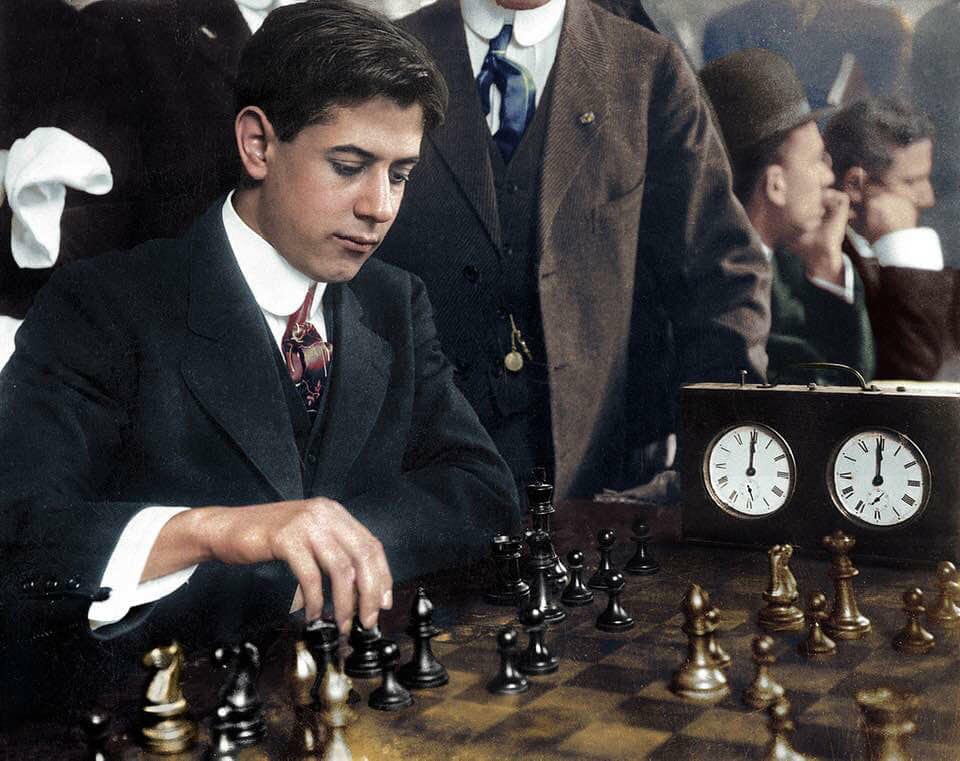 Note the size of the pieces with which the masters played in Capablanca’s time and compare it with the reduced size with which chess is played in official tournaments today. And the same can be said about the clothing from a century ago compared to the shitty T-shirts of today: courtesy of American culture. The collapse of the Aryan man can be seen from the way we dress to the music we listen to, which prompts me to say something more about another of the booklets published by Third Reich Books: Translations of the Originals.
Note the size of the pieces with which the masters played in Capablanca’s time and compare it with the reduced size with which chess is played in official tournaments today. And the same can be said about the clothing from a century ago compared to the shitty T-shirts of today: courtesy of American culture. The collapse of the Aryan man can be seen from the way we dress to the music we listen to, which prompts me to say something more about another of the booklets published by Third Reich Books: Translations of the Originals.